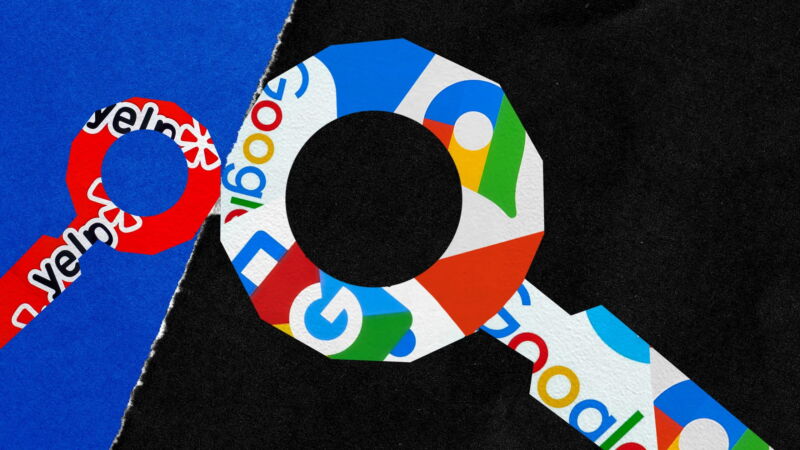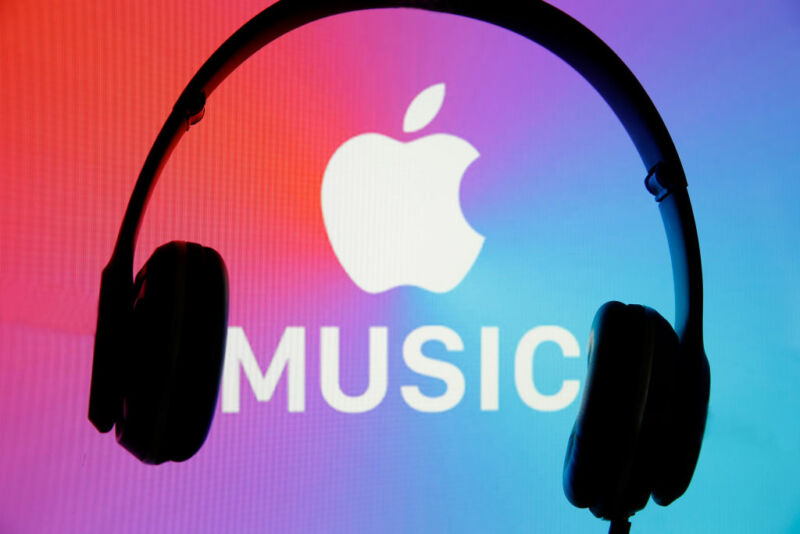-
 chevron_right
chevron_right
Yelp: It’s gotten worse since Google made changes to comply with EU rules
news.movim.eu / ArsTechnica · Saturday, 24 February - 11:34 · 1 minute · 3 visibility

Enlarge (credit: Anjali Nair; Getty Images)
To comply with looming rules that ban tech giants from favoring their own services, Google has been testing new look search results for flights, trains, hotels, restaurants, and products in Europe. The EU’s Digital Markets Act is supposed to help smaller companies get more traffic from Google, but reviews service Yelp says that when it tested Google’s design tweaks with consumers it had the opposite effect—making people less likely to click through to Yelp or another Google competitor.
The results, which Yelp shared with European regulators in December and WIRED this month, put some numerical backing behind complaints from Google rivals in travel, shopping, and hospitality that its efforts to comply with the DMA are insufficient—and potentially more harmful than the status quo. Yelp and thousands of others have been demanding that the EU hold a firm line against the giant companies including Apple and Amazon that are subject to what’s widely considered the world’s strictest antitrust law, violations of which can draw fines of up to 10 percent of global annual sales.
“All the gatekeepers are trying to hold on as long as possible to the status quo and make the new world unattractive,” says Richard Stables, CEO of shopping comparison site Kelkoo, which is unhappy with how Google has tweaked shopping results to comply with the DMA. “That’s really the game plan.”


